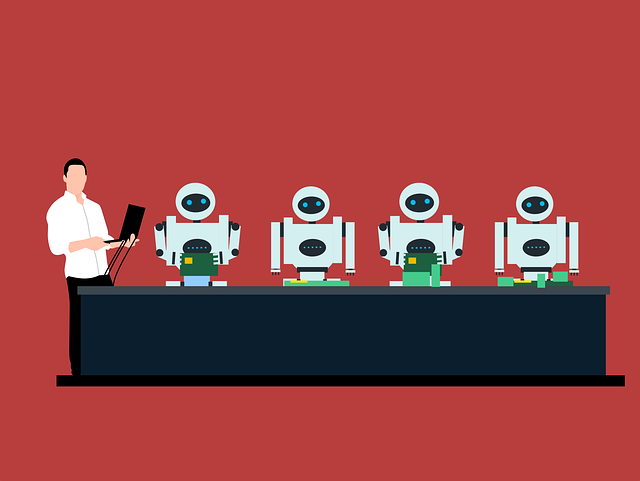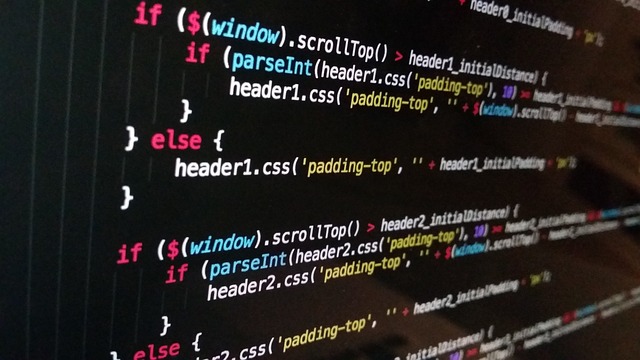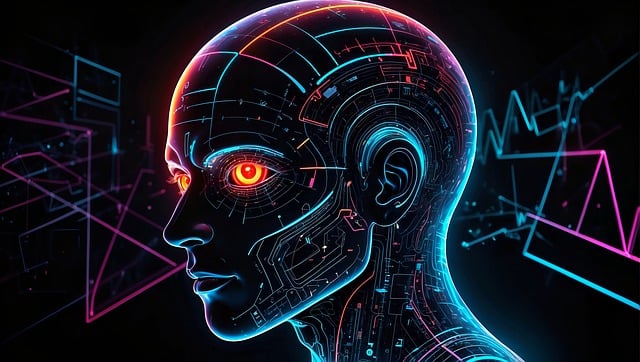In today’s fast-paced business environment, staying organized and efficient is crucial. Workflow automation tools, powered by artificial intelligence (AI), offer the perfect solution to streamline task management and ensure that your team remains productive. Whether you’re managing a small project or overseeing large-scale operations, AI-driven platforms can simplify processes, reduce manual errors, and help businesses stay on track. Here are some of the best AI tools for workflow automation and task management that can enhance your productivity and business efficiency.
10 Best AI Tools for Workflow Automation and Task Management
These AI tools not only automate repetitive tasks but also offer powerful features to optimize how teams collaborate and manage projects.
Zapier
Zapier is one of the most popular AI-powered automation tools, helping users automate workflows by connecting various apps and services. It allows users to create custom workflows, or “Zaps,” that trigger actions based on specific events. With over 3,000 app integrations, Zapier makes it easy to streamline repetitive tasks.
For example, you can set up a Zap to automatically send emails from Gmail whenever a new lead is added to your CRM. Zapier saves you time by reducing the need to switch between different platforms. It also supports task management tools, making it ideal for teams that want to automate workflow processes.
Asana
Asana is an AI-powered task management tool designed to help teams organize, track, and manage their work. It offers features like task assignment, project tracking, and timeline visualization, which make it easier to monitor progress and ensure deadlines are met.
With its AI-enhanced automation features, Asana reduces the time spent on routine activities like task updates and notifications. The platform integrates with other popular apps like Slack and Google Drive, enabling teams to stay in sync without manually updating multiple platforms. Asana is suitable for businesses of all sizes.
Monday.com
Monday.com is an AI-driven work operating system that enhances team collaboration and task management. It allows users to customize workflows, set automations, and track the progress of tasks and projects through visual dashboards. The AI features ensure that tasks are automatically assigned and updated, minimizing the chances of bottlenecks.
One standout feature is its integration with tools like Trello and Jira, making it easier for teams to maintain smooth workflows. The AI insights provided help teams understand where improvements can be made, promoting more efficient task management.
Trello
Trello is a task management platform that offers simple, AI-powered automation features known as Butler. This tool allows you to automate repetitive tasks within Trello boards, making workflow management seamless. Users can set rules and triggers to automate routine tasks, such as moving cards between lists or sending reminders for due dates.
Trello’s visual board format is intuitive, allowing teams to manage projects with ease. The AI integrations ensure that you can spend less time on manual task updates and more time focusing on critical project goals. It’s especially useful for smaller teams looking to improve collaboration.
ClickUp
ClickUp is an all-in-one productivity tool powered by AI that allows users to manage tasks, docs, goals, and team communications in one platform. Its AI automations help with assigning tasks, setting reminders, and keeping projects on track. ClickUp supports task prioritization, making it easier to identify the most critical items on your to-do list.
The tool integrates with various platforms, such as Slack and Microsoft Teams, enhancing team collaboration. With ClickUp, businesses can automate complex workflows and track progress in real-time, leading to greater efficiency and better results.
Wrike
Wrike is a robust AI-powered project management tool designed for teams that need to streamline workflows. It offers AI-enhanced automation for tasks like recurring task creation, project tracking, and deadline management. Wrike’s features include time tracking, reporting, and resource management, making it a great choice for businesses focused on maximizing productivity.
Its AI algorithms analyze work patterns and offer insights into potential workflow improvements. Wrike’s ability to integrate with other tools like Salesforce and Dropbox ensures smooth cross-platform automation, helping teams stay organized.
Notion
Notion is a versatile AI-driven platform that combines note-taking, task management, and project tracking into one cohesive system. With its AI-powered automation features, Notion allows users to create custom workflows that automate repetitive tasks. You can set triggers to move tasks between boards or automatically send reminders for upcoming deadlines.
Notion integrates well with tools like Slack, helping teams maintain seamless communication while managing tasks. Its flexibility makes it an excellent choice for teams that want to create custom workflows without compromising on collaboration and efficiency.
Automate.io
Automate.io is an AI-driven tool designed to help users automate workflows by connecting different apps and platforms. It allows users to build workflows that sync tasks across popular platforms like Google Sheets, Trello, and Salesforce. By setting up triggers and actions, Automate.io reduces the time spent on repetitive tasks.
The platform’s user-friendly interface makes it easy to automate complex workflows without needing technical expertise. Businesses can take advantage of its AI insights to identify opportunities for workflow optimization, leading to more streamlined processes.
Process Street
Process Street is an AI-powered workflow automation tool designed to help teams create, track, and manage recurring processes. Its AI-enhanced features allow users to automate checklists, task assignments, and approvals, ensuring that workflows run smoothly. The tool supports integrations with other platforms, making it easier to keep tasks in sync.
With Process Street, teams can track progress in real-time and identify bottlenecks before they become major issues. Its automation capabilities free up time for employees to focus on more strategic tasks, improving overall productivity.
HubSpot
HubSpot is known for its powerful marketing and sales tools, but its AI-driven workflow automation capabilities are equally impressive. HubSpot allows users to automate tasks related to customer relationship management (CRM), lead management, and marketing campaigns. Its AI helps automate repetitive tasks like email follow-ups, meeting scheduling, and data updates.
The platform’s integration with other tools like Gmail and Slack ensures smooth workflow automation across departments. HubSpot’s AI-driven insights also offer recommendations on how to improve task management and team productivity, making it a valuable tool for businesses of all sizes.
Conclusion
AI-powered workflow automation tools have revolutionized the way teams manage tasks and projects. By reducing manual work and improving overall efficiency, these tools enable businesses to stay focused on high-impact activities. Whether you’re a small startup or a large enterprise, leveraging the power of AI in your workflow automation can lead to significant improvements in productivity and task management.






